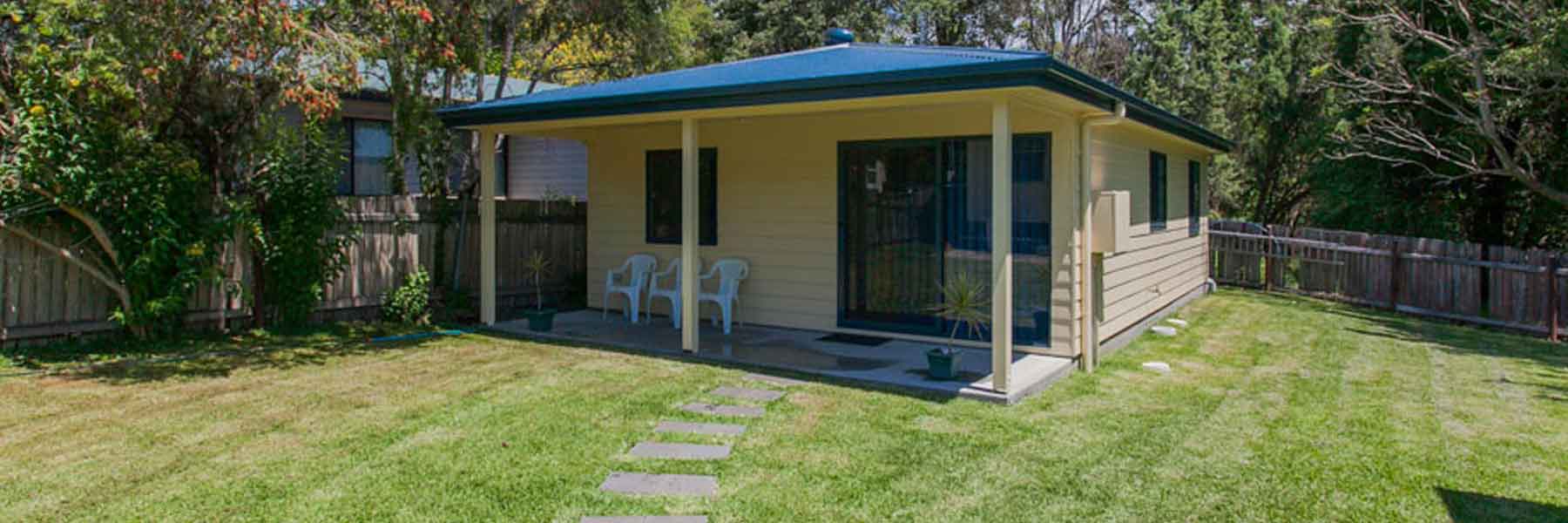
- The Savvy Promise
At Savvy, our mission is to empower you to make informed financial choices. While we maintain stringent editorial standards, this article may include mentions of products offered by our partners. Here’s how we generate income.
In this article
Over the past few years foreign investment in Australia has grown. According to the Australian Bureau of statistics (ABS), the level of foreign investment increased from $153.3 billion (5%) to $3,192.4 billion at the end of 2016. There has also been a sturdy rise of both the private and non-residential buildings that were approved sitting at 18,863 in September alone. Investment in real estate also remained strong with investment approvals at $97 billion. When it comes to property investments it all depends on where you would like to invest, and knowing right time. Here are a few things you need to know to make investing less of a hassle for you.
Hot property regions
The places that have been attracting most international property buyers are Melbourne, Sydney, and Victoria. Melbourne appears to be the most popular. This could be due to it being ranked number one by the Economist Intelligence Unit’s liveability survey in terms of having good infrastructure, education, culture and environment.
You can only purchase “new homes”
What this means is that as a non-residential foreign investor you only have access to purchasing property that has not been occupied, or has only been occupied for no longer than 12 months. This pertains to newly completed property, off the plan property, house, land or a newly developed property that is being sold by the developer. The government’s aim in doing this is to channel foreign investments into new dwellings which will create additional jobs in the construction industry and encourage economic growth within the country. To complete this step, you will first have to secure a foreign investment approval.
Fees and taxes to be aware of
Stay in the loop when it comes to additional fees and state laws. There are expenses when it comes to purchasing your property:
Stamp duty is one of the largest property fees you need to be aware of. This differs from state to state as each have their own laws on stamp duty. Your stamp duty will also be based on the property value as well as the location. The average cost of stamp duty can cost you tens of thousands of dollars. This means 1% up to 5% can be deductible from the purchase price. Let’s presume you buy property in New South Wales for $300,000 the stamp duty will be $8,990. With other things such as your mortgage registration and transfer fees it can raise the total government fees you will be paying to $9,268. The higher in price the more stamp duty you will pay. If crunching numbers is not your thing you can use the Stamp Duty Calculator Au app from the Goole Play store.
Foreign Investment Review Board (FIRB) Fees
The FIRB fees basically mean that for each application made to purchase property international investors will have to pay a fee. Fees for residential land applications are determined by the price for the acquisition of the interest. If you decide to purchase residential land as joint tenants a single fee will apply. Properties ranging from $1 million or less can attract a fee of up to $5000. A $2 million property will attract a $10,000. With each million from here forth an additional $10,000 is added.
Rates and taxes
Your property will be subjugated to annual land taxes, which is general 1% the land value, and local council rates for local services such as garbage collection. There would also be additional costs linked to maintenance of your building. As an investor you need to keep yourself constantly updated for possible things that can be out of your control such as interest rates, currency, exchange rates and loans.
Did you find this page helpful?
Author
Bill TsouvalasPublished on December 1st, 2020
Last updated on November 25th, 2021
Fact checked
This guide provides general information and does not consider your individual needs, finances or objectives. We do not make any recommendation or suggestion about which product is best for you based on your specific situation and we do not compare all companies in the market, or all products offered by all companies. It’s always important to consider whether professional financial, legal or taxation advice is appropriate for you before choosing or purchasing a financial product.
The content on our website is produced by experts in the field of finance and reviewed as part of our editorial guidelines. We endeavour to keep all information across our site updated with accurate information.
Approval for home loans is always subject to our lender’s terms, conditions and qualification criteria. Lenders will undertake a credit check in line with responsible lending obligations to help determine whether you’re in a position to take on the loan you’re applying for.
The interest rate, comparison rate, fees and monthly repayments will depend on factors specific to your profile, such as your financial situation, as well as others, such as the loan’s size and your chosen repayment term. Costs such as broker fees, redraw fees or early repayment fees, and cost savings such as fee waivers, aren’t included in the comparison rate but may influence the cost of the loan. Different terms, fees or other loan amounts may result in a different comparison rate.










